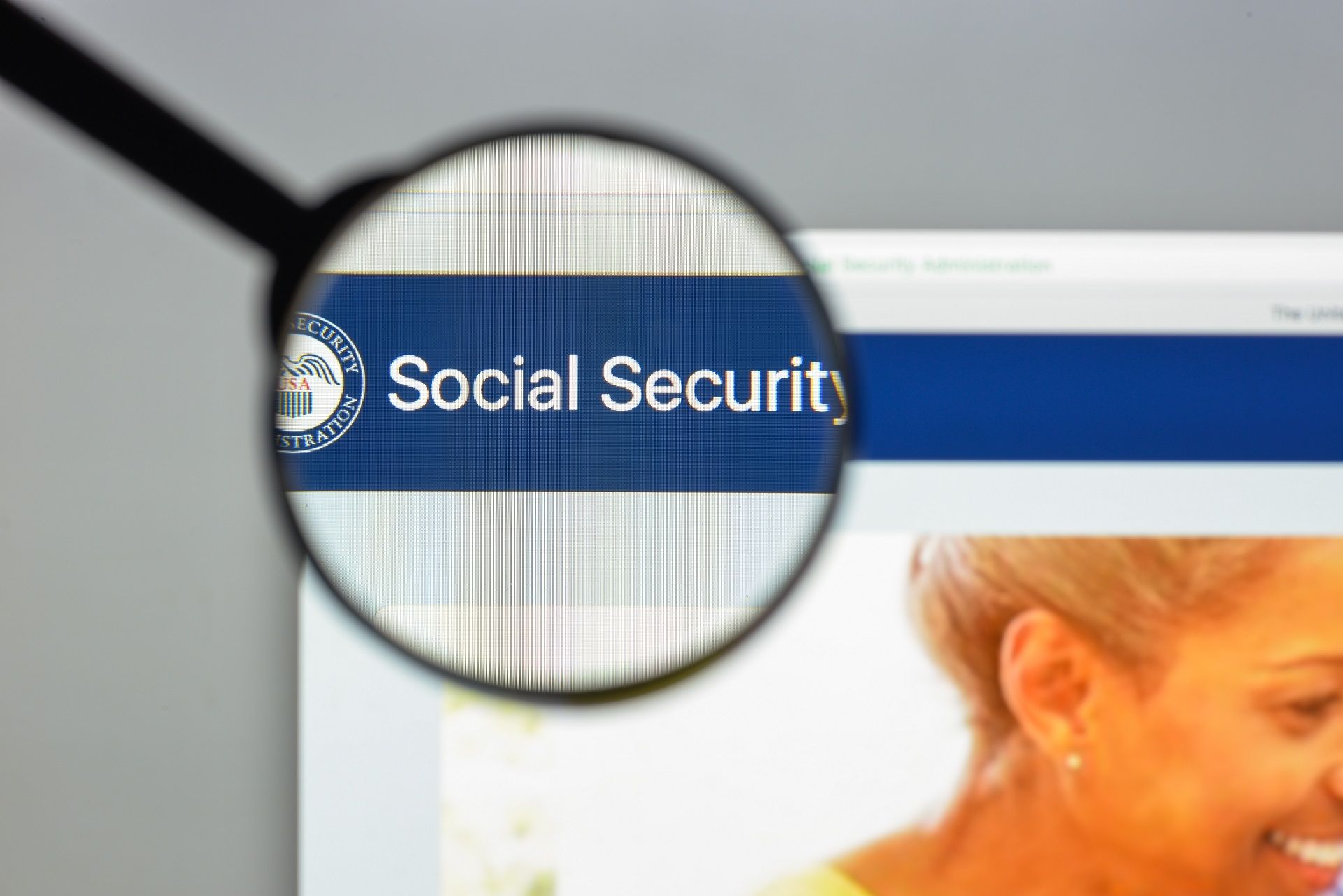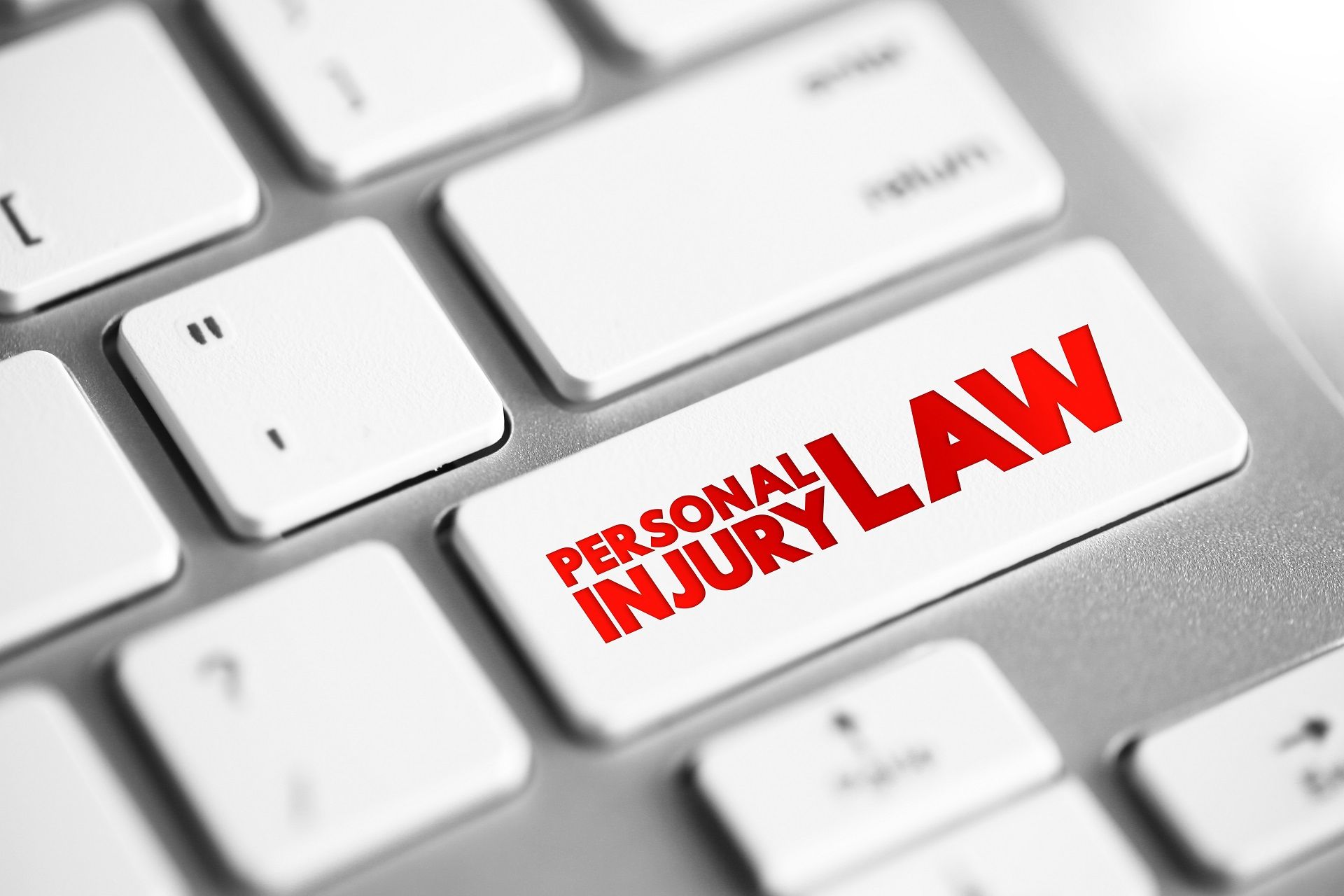Signs That You Lost Your Disability Hearing

If you filed a disability claim and Social Security dismissed the initial claim but also rejected your reconsideration request, you’ll need to attend the hearing before an administrative law judge.
This can be scary, and many claimants wonder about their chances of winning before getting to the hearing. While it’s impossible to provide you with an average, we’ll help soothe your mind by providing you with the signs that you lost your
disability hearing.
That way, there won’t be confusion and you won’t spend months waiting for a decision from the
Social Security Administration. Rather, you can focus on formulating a brand-new strategy with your disability attorney.
But first, let’s go over what you can expect at the hearing.
Disability Hearings Explained
Disability hearings take place in small offices, and during the majority of the process, the administrative law judge will question you about your disability. You’ll have to testify about your work history, how your symptoms affect your work abilities, as well as your day-to-day life.
Your attorney will also examine you. During the questioning, they’ll outline the stronger parts of your case and highlight the evidence that supports your disability claim.
Moreover, the administrative law judge will also question witnesses such as medical or vocational experts. The role of the medical expert is self-explanatory, which is why we’ll focus on the vocational expert.
This individual is qualified to testify on the jobs in the national economy and how certain physical and mental limitations may affect employability.
The vocational expert testimony can shift the outcome of your case.
Signs The Hearing Did Not Go Well
Even if you’re genuinely disabled, you may not win your benefits at the hearing level. Regardless of the underlying reasons (we’ll touch upon them later), the signs that you lose your disability hearing aren’t 100% exact. In fact, the judge may have had a bad day, and they simply felt grumpy and came off as disinterested.
So, even if they’re not set in stone, here are some potential signs that you lost your disability hearing.
1. The judge is skeptical of your testimony
Judges will often express clear skepticism if they believe the claimant is exaggerating the symptoms of their condition during the testimony. Say a judge asks a claimant if they can drive and they answer that they cannot drive due to their disability. The judge may follow up by asking how the claimant traveled to the hearing or how they arrived at their doctor’s appointments.
If the medical records don’t support the testimony, the judge may ask the attorney to cite evidence in support of the statement. If there is absolutely no evidence corroborating the statement, the judge will believe the claimant lost their credibility.
To avoid this happening, always tell the truth. Let’s reuse this example. If the claimant had responded yes to the question about driving, the judge may have followed up with a question that requires additional explanations.
False testimony can derail the hearing, and even lying about minuscule details can put your credibility to question. If the judge assumes some parts of the testimony are embellished, they’ll be less likely to believe other, truthful parts of the testimony.
2. Your medical records had bad facts
While no two disability cases are alike, even successful claims contain at least one bad fact in the medical records. For instance, there may be evidence of failing to follow the doctor’s orders and working after the onset date of the condition.
Some of these facts may have reasonable explanations and can be explained away as a brief period of improvement. As such, they don’t harm your claim.
This is why it’s important to have a qualified attorney representing you as the legal professional will prepare questions regarding both positive and negative facts in your claim. That way, you can minimize the possibility of getting an unfavorable decision just because one explainable fact was unaddressed.
3. Your record is incomplete
In a disability hearing, the burden of proof is on you, with most evidence already being present in your medical records. This is why you should submit all existing medical records, including those that go against your claim to the judge on time (five business days before the hearing).
If you fail to do this or the judge lacks some important updates, your hearing may not go as expected.
An incomplete record may result in delays, and it may be necessary to schedule further interrogatories or supplemental hearings. Judges are not huge fans of this as there is a sizable backlog of claims, and the time could have better been spent on a claimant who was prepared.
4. Your attorney is concerned about the outcome of the hearing
Disability attorneys are familiar with all the regulations applicable to the claims of their clients, including what may constitute a subpar hearing with an unfavorable decision. This can be very important because of a rule referred to as the principle of administrative finality.
This means that if the judge makes an unfavorable decision, the Social Security agents will presume that the decision was correct. Thus, subsequent claims will fall under the category of the presumption of continuing non-disability.
While this is not the end, as you can further pursue your claim, the path ahead will be even more challenging.
If your attorney has the impression the claim will be denied, they’ll withdraw the application. This results in dismissal, helping avoid your claim falling under the principle of administrative finality.
What If You Lose Your Disability Hearing?
These signs that you lost your disability hearing may not be apply to your situation. Still, if you get denied, it’s not over.
You can file an appeal with the Social Security’s Appeals Council within 60 days of the decision. If the council confirms the judge’s decision, you can file a federal lawsuit where you may finally win your benefits.
Either way, don’t stress about the hearing because ultimately, if you have a genuine disability, it will be recognized at some point in the process. It’s also important not to give up, as there is always another governing body ready to review your case.
Trust in your attorney and the process, and we’re positive everything will be fine in the end.
Note:
The information in this blog post is for reference only and not legal advice. As such, you should not make legal decisions based on the information in this blog post. Moreover, there is no lawyer-client relationship resulting from this blog post, nor should any such relationship be implied. If you need legal counsel, please consult a lawyer licensed to practice in your jurisdiction.
RECENT POSTS
CONTACT US
We will get back to you as soon as possible.
Please try again later.
Evaluation Request
Contact Us
We will get back to you as soon as possible.
Please try again later.
Contact
Contact Us
We will get back to you as soon as possible.
Please try again later.
All Rights Reserved.
This website is managed by Oamii.







